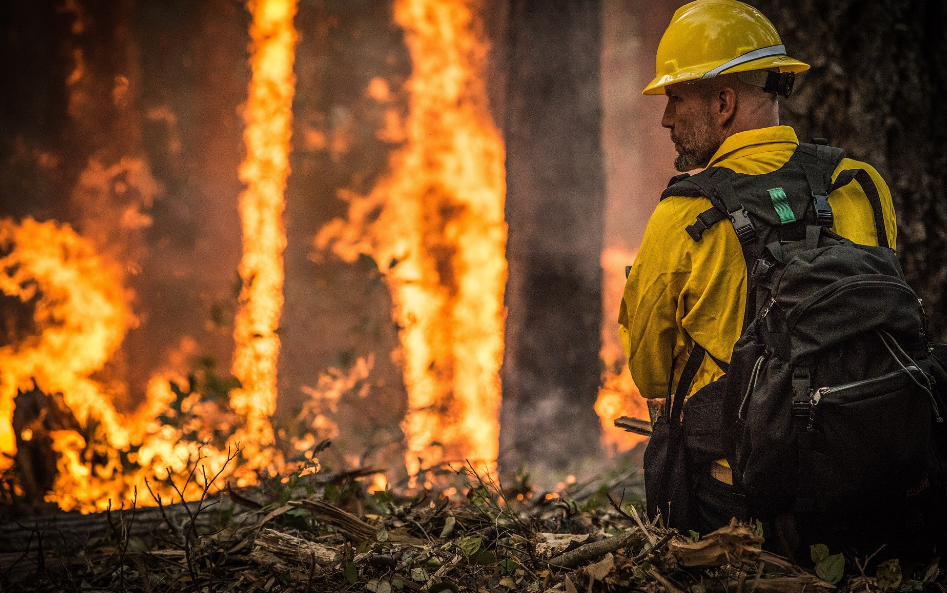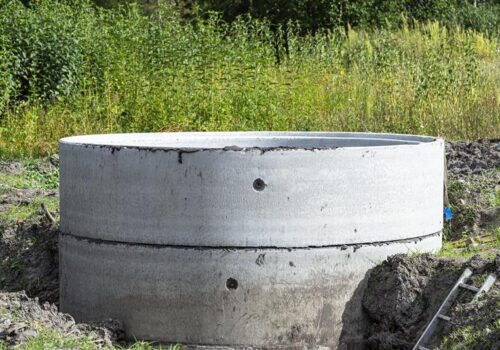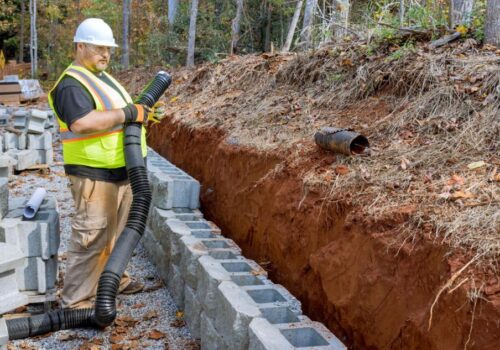How Bushfire Management Experts Help Against Ecological Loss
In maintaining ecological balance and preventing devastating fire-related losses, bushfire management experts play a vital role. In regions prone to wildfires, effective bushfire management strategies are essential. And as climate change makes wildfires increasingly common, the risks outweigh their supposed benefits.
These experts possess the expertise, knowledge, and skills necessary to safeguard ecosystems and minimize the ecological impact of fires. Let’s examine.
Understanding Fire Ecology
Fire is a natural element of many ecosystems, capable of both benefiting and harming the environment. Bushfire management professionals delve into fire ecology to comprehend its impact on various habitats and species.
Assessing and Mitigating Fire Risk
Bushfire management experts assess the risk of wildfires across different landscapes and ecosystems. They employ techniques such as fuel load assessments, vegetation mapping, and climate analysis to evaluate potential fire hazards.
With this information, they develop and implement risk mitigation strategies, including controlled burns, vegetation management, and infrastructure planning.
Firefighting Tactics and Strategies
These professionals possess specialized skills and tactics to combat wildfires and protect natural resources. They coordinate efforts among firefighting agencies and organizations to ensure a unified response. Advanced firefighting equipment, technologies, and methods are employed to fight fires effectively while minimizing ecological loss.
Post-Fire Rehabilitation and Recovery
Bushfire management professionals assess post-fire ecological conditions and implement restoration and waste management projects. Successful examples of rehabilitation efforts have proven instrumental in restoring ecological balance and preventing long-term environmental damage.
Public Education and Community Engagement
Promoting effective bushfire management and ecological conservation relies on public education and community engagement.
Bushfire management experts work closely with local communities, schools, and organizations to raise awareness about wildfire prevention, preparedness, and response. Community engagement initiatives have shown great success in protecting ecosystems and reducing fire-related losses.
Ongoing Research and Innovation
Research and innovation continuously advance bushfire management strategies and minimize ecological loss.
Collaboration between bushfire management professionals, scientists, and researchers leads to new techniques, technologies, and approaches to fire management. Cutting-edge research and innovation are shaping the future of bushfire management and ecological conservation.
Conclusion
The importance of bushfire management experts cannot be overstated when it comes to maintaining ecological balance and combating fire-related losses.
It is crucial to appreciate their expertise, knowledge, and skills and to support efforts to improve bushfire management and conservation. By supporting them and acknowledging their work, we can protect and preserve the natural world we all depend on.





